Shanghai's foreign currency exchange service points have achieved full coverage in 16 districts, distributing in airports, star-rated hotels, commercial districts, and tourist hubs. By the end of June, the service will extend to all high-star-rated hotels in the city, the Shanghai head office of the country's central bank, the People's Bank of China, or PBOC, has announced.
As the first stop for many foreigners arriving in China, whether it is for business, studying, or tourism, Shanghai has been optimizing its foreign exchange services to enhance convenience in response to the cash payment habits of some overseas visitors.
As of June 11, the city has an extensive foreign currency exchange network, comprising 20 franchised institutions, 200 agencies, 80 self-service machines, and more than 3,000 bank branches, in addition to almost 9,000 ATMs that allow foreign bank card withdrawals.
Among these, Pudong International Airport has 12 franchised points, four ATMs for foreign currency withdrawals, three bank branches for currency exchange, and one self-service machine, enabling convenient foreign currency exchange at both arrival and departure gates, and in public areas in both terminals.
In terms of exchangeable currencies, franchised institutions in Shanghai accept up to 50 currencies, covering most countries along the Belt and Road initiative.
It also offers exchange services for around 30 other currencies, such as the United Arab Emirates' dirham, the Danish kroner, the Brazilian real, and the Polish zloty, meeting the diverse foreign currency exchange needs of overseas visitors.
In addition, digital RMB services have also been introduced in franchise institutions for foreign currency exchange.
According to the Shanghai head office of PBOC, the volume of foreign currency exchange transactions in Shanghai has realized a leapfrog growth this year, with a year-on-year increase of four times from January to May. The number of transactions and overseas visitors have also quadrupled.
To further improve the service quality, the city has reinforced the standardization of foreign currency exchange institutions, expanded the types of listed exchange currencies, optimized service processes, and ensured that all foreign currency exchange points have bilingual service staff.











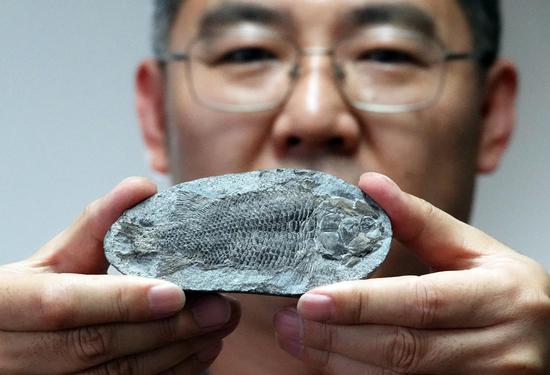
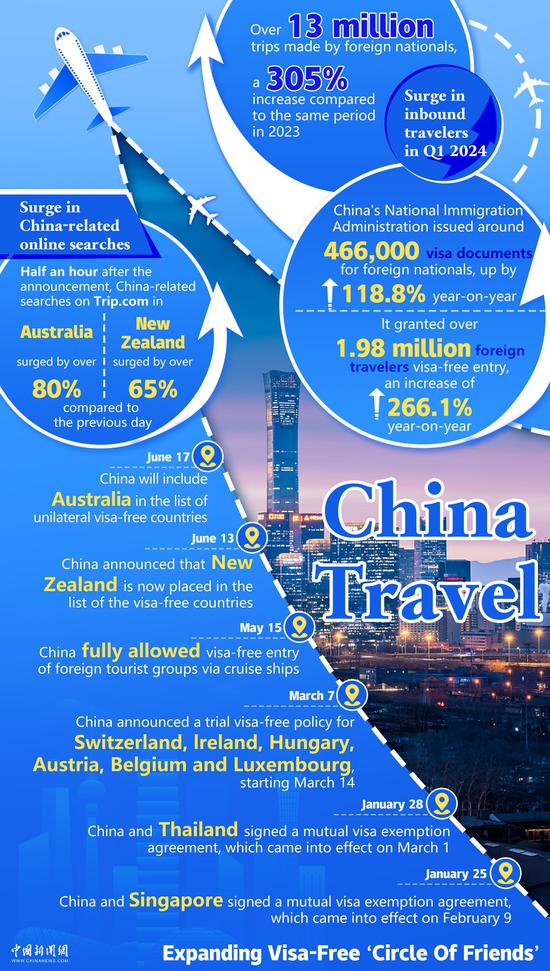






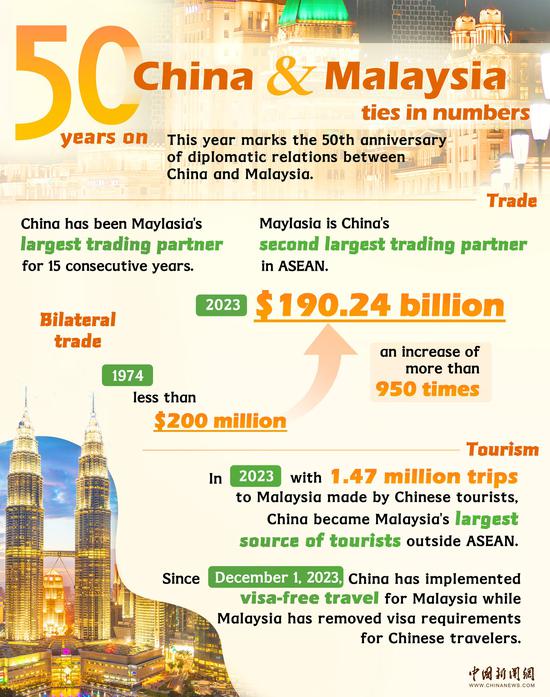

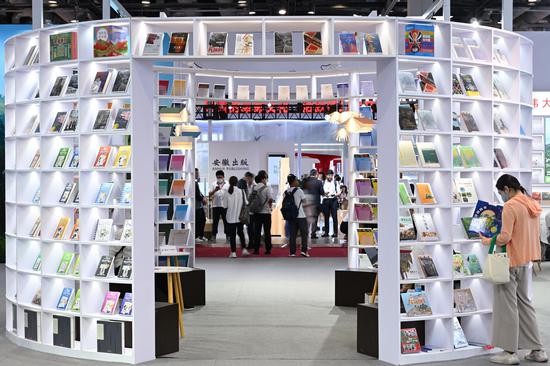
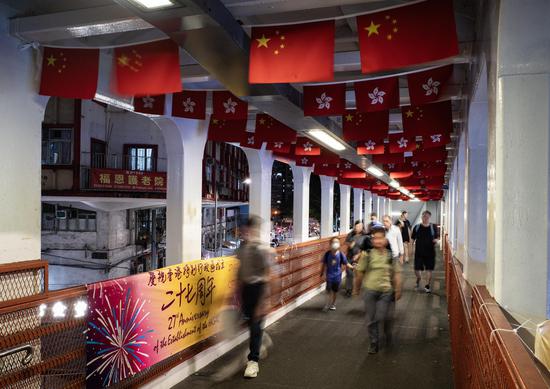






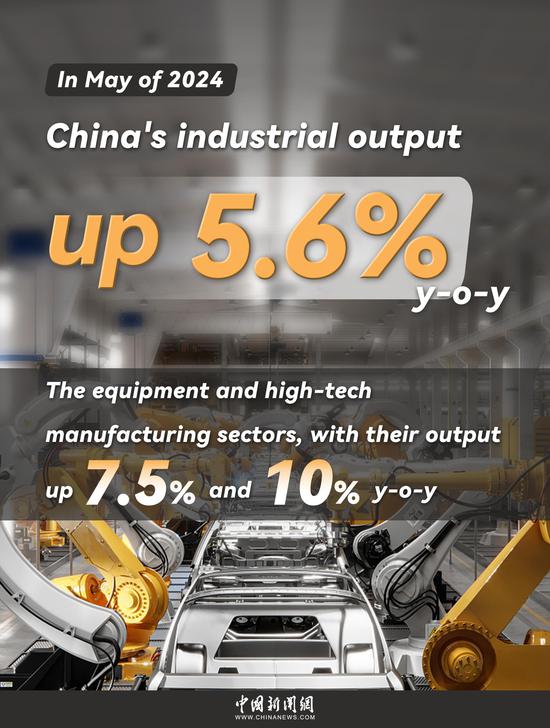
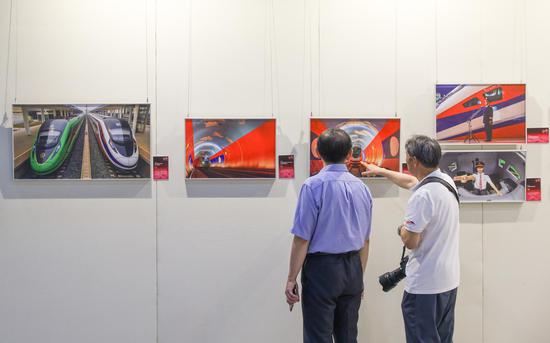



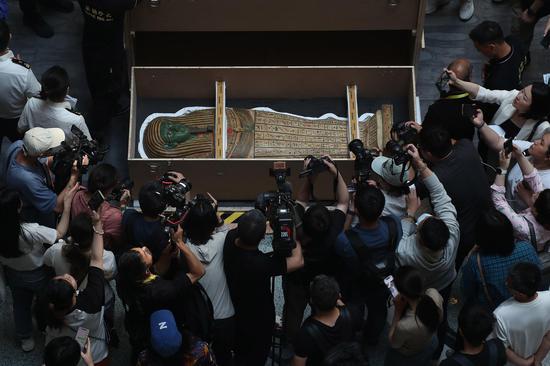


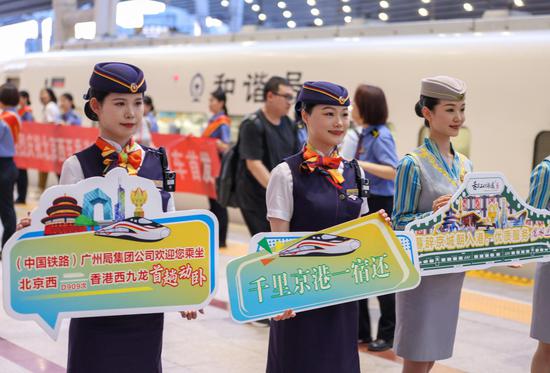
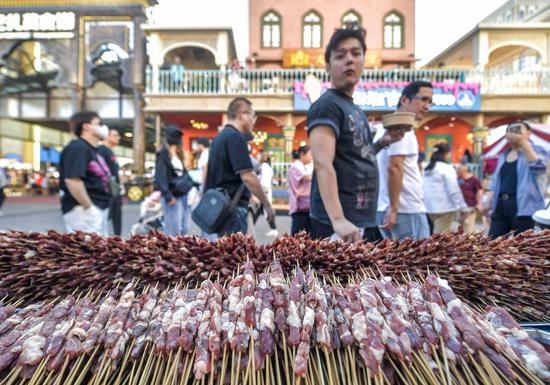

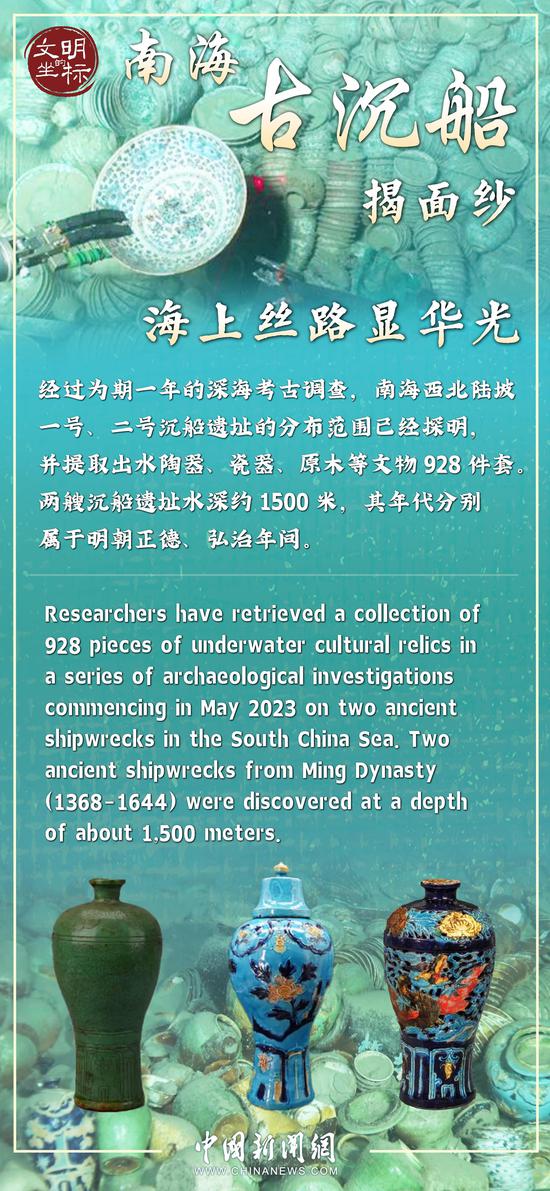
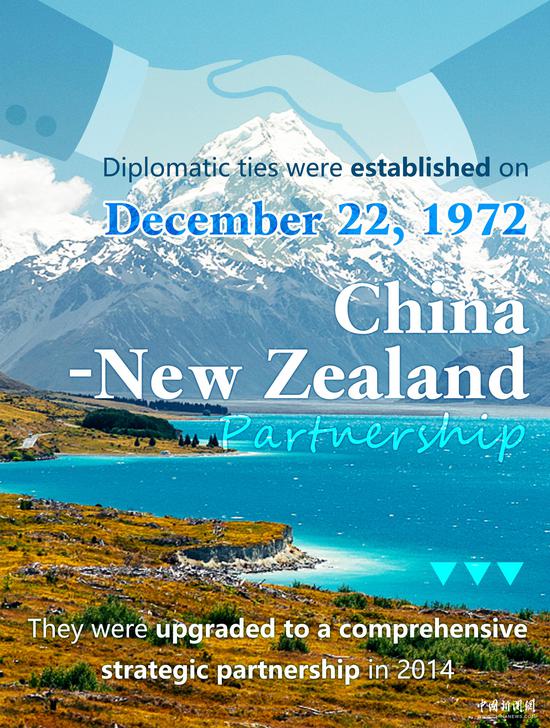

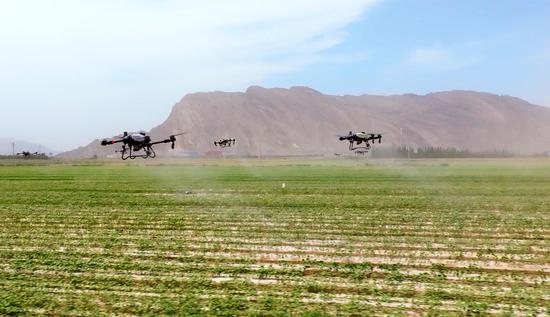






 京公网安备 11010202009201号
京公网安备 11010202009201号